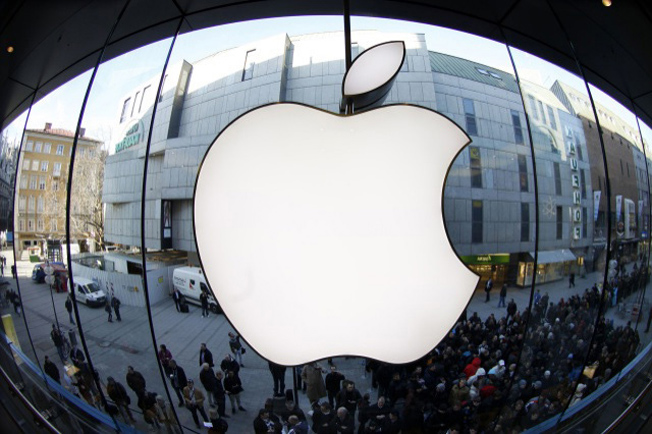Apple haters may not want to admit it but Apple’s business model is working out very well, and not just because it’s helping Apple continue to post sky-high profits — it’s also helping the company keep its customers fanatically loyal to the brand. The biggest reason Apple is able to do this, writes John Gruber, is that it controls every single aspect of its products, from the hardware to the software.
This is important because, unlike Microsoft and Google, Apple does not have to rely on third-party vendors to get its software on the market. We’ve seen over the years that Microsoft and Google have grown tired of OEMs who hurt their platforms’ performance by either building inferior hardware or adding their own unnecessary bloatware into the mix.
Microsoft has recently tried its hand at building its own hardware with its Surface line of tablets and Google is reportedly trying to push Android manufacturers to raise their standards with its Android Silver program, but neither of these efforts has given Google or Microsoft the same control that Apple now has.
“Microsoft and Google have enormous market share, but neither has control over the devices on which their platforms run,” Gruber writes. “Samsung and Amazon control their own devices, but neither controls their OS at a fundamental level. Microsoft and Google can’t force OEMs to make better computers and devices, to stop junking them up with unwanted add-ons. Apple, on the other hand, can force anything it can achieve into devices. Apple wants to go 64-bit on ARM? Apple can do it alone.”






